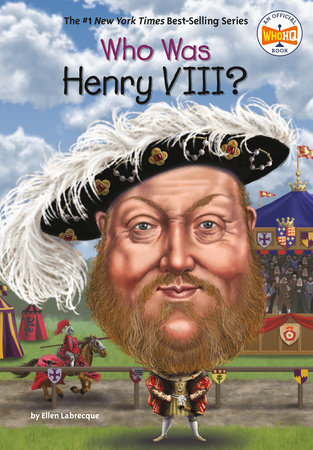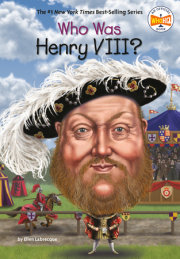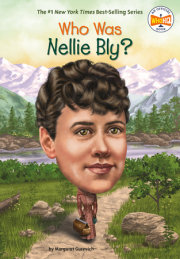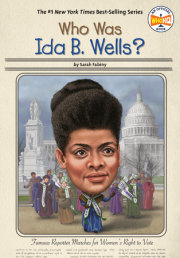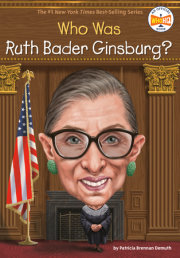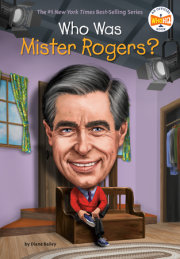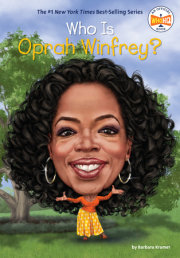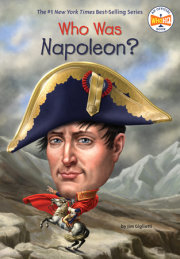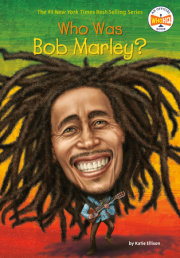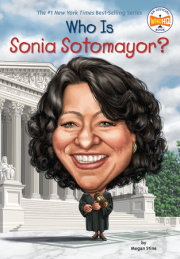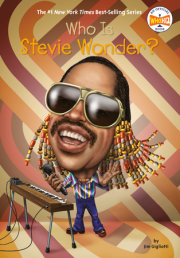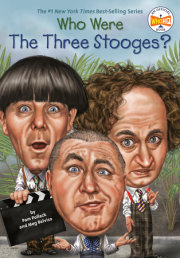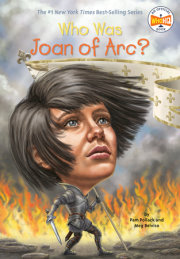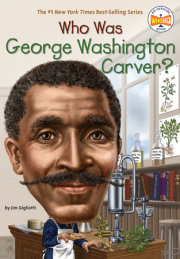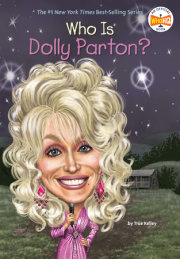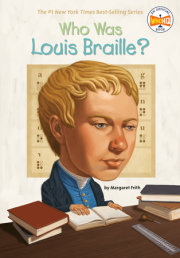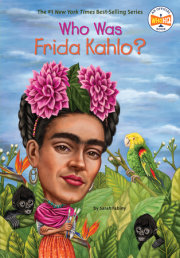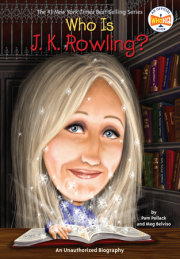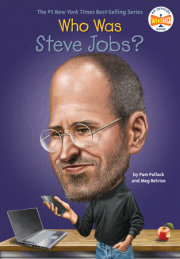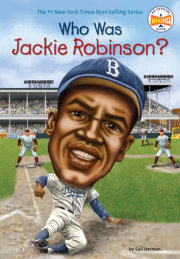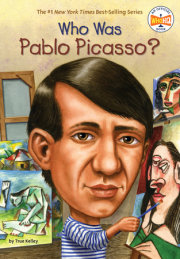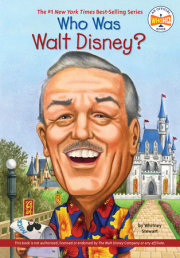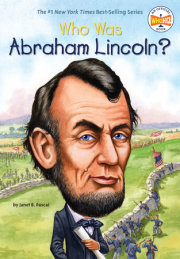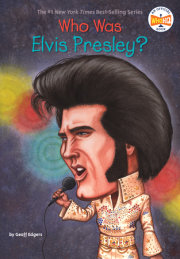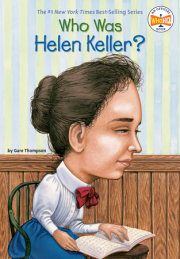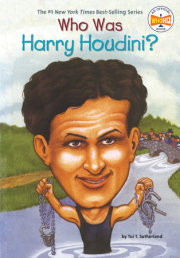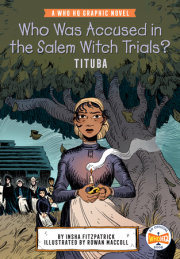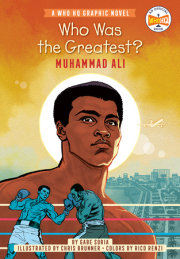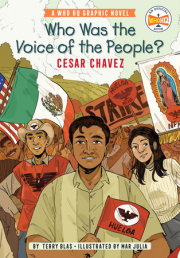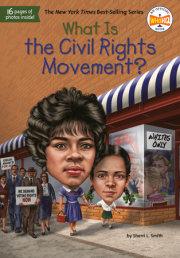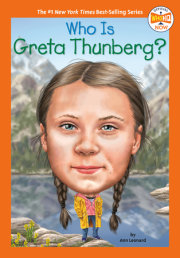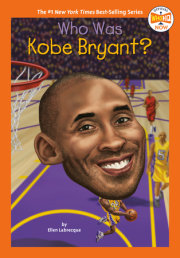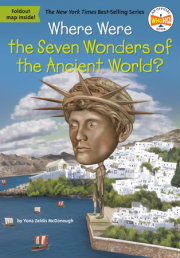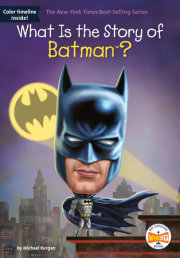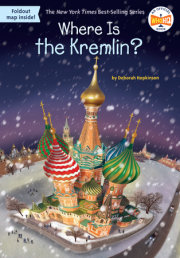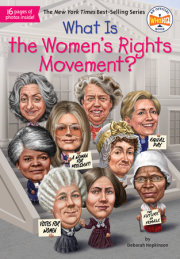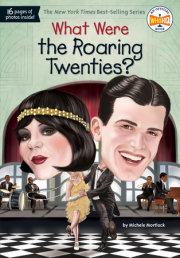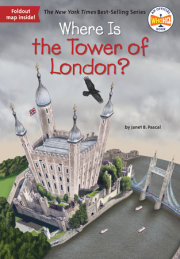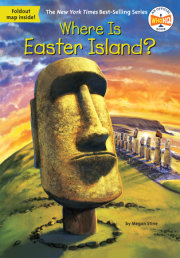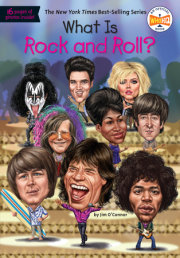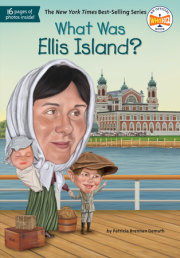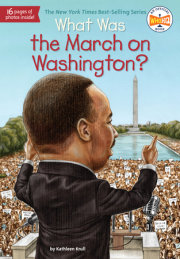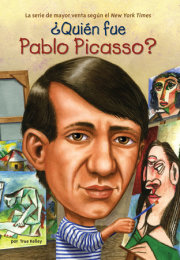Who Was Henry VIII? Henry VIII, the King of England, sat at the head of the long table. A trumpet blast alerted the hundreds of guests that dinner was about to begin. The tables were covered in fancy tablecloths and scattered with flowers and herbs. Before the meal began, a priest said the blessing.
Then, servers carried dish after dish from the kitchen. The plates were filled with roast pig, pigeon, peacock, and deer.
On an average day, Henry and his guests could eat six oxen, forty sheep, twelve pigs, and 240 pigeons! Loaves of bread, dishes of butter, and leather jugs filled with beer were set on the table. A fountain spouted gallons of wine for the guests to enjoy.
When the dinner was over, sweet tarts made with fruits from the royal garden were served. Henry ate the most and laughed the loudest of all. At the end of the banquet, he was given a gold cup filled with sweet wine and served wafer cookies stamped with the royal coat of arms. It was just a typical dinner for the king, but it was also quite a performance!
Henry VIII was the all-powerful King of England from 1509 to 1547. He liked to do everything in a big way, especially eating, drinking, and throwing parties. He was very rich and spent a sum equal to $6 million a year just on parties and celebrations!
But Henry could also be selfish and sometimes cruel. He was impulsive and lost his temper quickly. To anger the king in the 1500s was to risk your life. He had tens of thousands of his subjects put to death, including many brilliant men, simply because they disagreed with him.
Henry VIII grew to believe that only God could tell him what to do. What this really meant was that he didn’t listen to anyone but himself. Throughout his reign, Henry did anything he wished—for the good and the bad—of his country and people.
Chapter 1: Young Henry Henry VIII was born Henry Tudor on June 28, 1491, in Greenwich Palace in London, England. His parents were King Henry VII and Elizabeth of York.
The Tudors were a very religious Catholic family. The leaders of England had been Catholic for over a thousand years. They followed the teachings of the Pope in Rome, who is the head of the Catholic Church. Therefore, their subjects did, too. England was a Catholic country.
Henry VII had become king in 1485, after thirty years of civil war known as the Wars of the Roses.
Baby Henry was born a prince into a rich and royal world, but he was not born to be king. When Henry arrived, he had an older brother, Arthur, age four, and an older sister, Margaret, nearly two. Arthur, as the king’s eldest son, was the heir to the throne.
During Henry’s early years, a staff of servants took care of him. This was common practice with royal people at this time. The servants did everything for him, including feeding, changing, and bathing him. Two official “rockers” rocked Henry to sleep every night.
When Henry was four, his parents had another daughter, Mary. Henry spent his time in the royal nursery with his sisters and the servants who took care of his every need. Henry’s older brother, Arthur, lived in his own private home, where he was being prepared to become the next king. As the only boy in the nursery, Henry was spoiled.
Henry was a good-looking boy with red hair. He dressed in the fancy clothes of the time, including green velvet gowns lined with fur, high leather boots, and caps with ostrich feathers on top.
Henry loved to play outside. He enjoyed tennis, horseback riding, archery, and hunting. He was a gifted athlete and could ride a horse at an early age.
Because he was a rich prince and had the best tutors, Henry read a lot and he was very bright. He was taught by some of the smartest people in England! One tutor called Henry a “brilliant pupil.” He studied astronomy, science, and math. Henry also had a passion for religion and maps. Many fancy maps hung throughout the palace. And Henry never got tired of looking at them.
Henry learned to speak many languages, including French, English, Latin, and Italian. He never minded studying, because he loved to read. He even filled up his books with handwritten notes in the margins.
Henry also loved music. He had a good singing voice, and also played the lute—an instrument like a small round-backed guitar. A group of musicians followed him wherever he went. They called him “the harmonious prince.”
Outside of Henry’s royal world, life was hard for common people during this time. Servants did everything for Henry. But average people did everything themselves. They had to get their own water from wells, make their own clothes, and grow or catch their own food. Most children never even went to school to learn to read and write.
Henry’s life was exceptional. As a member of the royal family, he was a very special young boy.
Copyright © 2018 by Ellen Labrecque. All rights reserved. No part of this excerpt may be reproduced or reprinted without permission in writing from the publisher.

